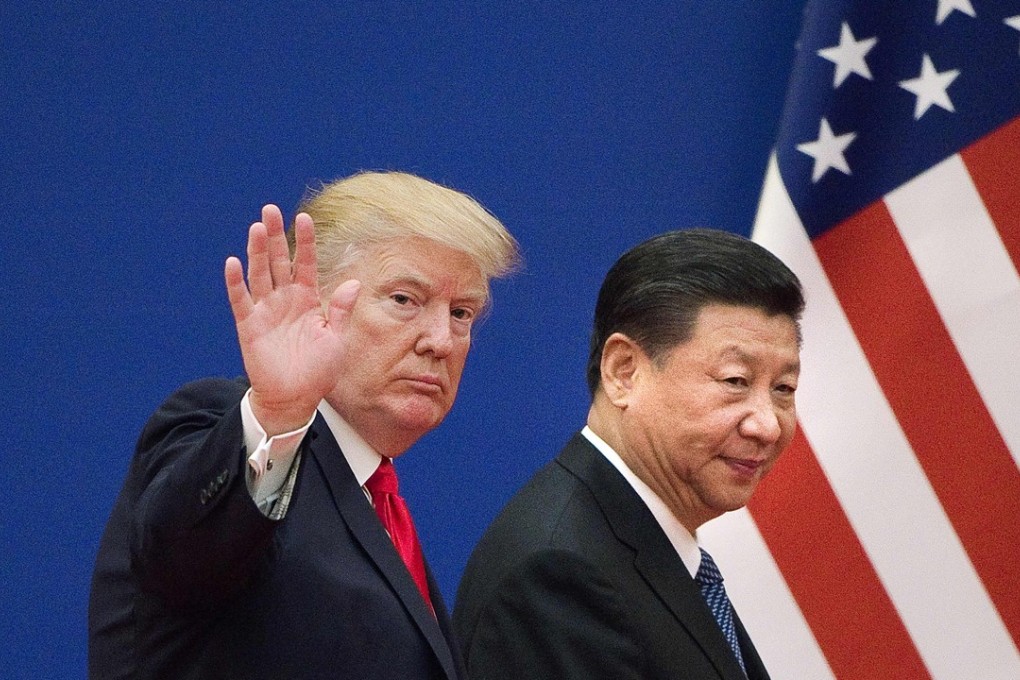Trump’s tech tariffs may lead to higher prices for US consumers

Any move by the Trump administration to impose tariffs on US imports of Chinese made technology goods would signal a significant escalation in US-China trade tensions, but analysts warn it may also raise consumer electronics prices for Americans regardless of how Beijing retaliates.
Across the board tariffs, if applied, could make Apple’s iPhones and Lenovo Group’s ThinkPad laptops more expensive for US buyers because both are assembled in China – even though the products were designed in the US.
The latest trade move by Washington, which follows a 25 per cent levy on imported steel and a 10 per cent charge on aluminium, is expected to cover 100 imported products worth US$60 billion annually, Reuters reported on Wednesday, citing unnamed sources close to the negotiations.
The looming escalation comes a day after US President Donald Trump cited US national security concerns in squashing a US$117 billion deal that would have seen Singapore-based Broadcom acquire US chip maker Qualcomm, and two months after pressure from Washington forced US telecoms carrier AT&T to walk away from a deal with Chinese smartphone giant Huawei Technologies. Last August Trump ordered US Trade Representative (USTR) Robert Lighthizer to conduct a Section 301 investigation into China’s theft of US technology, laying the groundwork for the new trade action.
“The proposed tariffs would cover a broad range of categories including electronic goods that will affect the daily consumption of US consumers,” said Xu Hongcai, deputy chief economist at the China Centre for International Economic Exchanges.